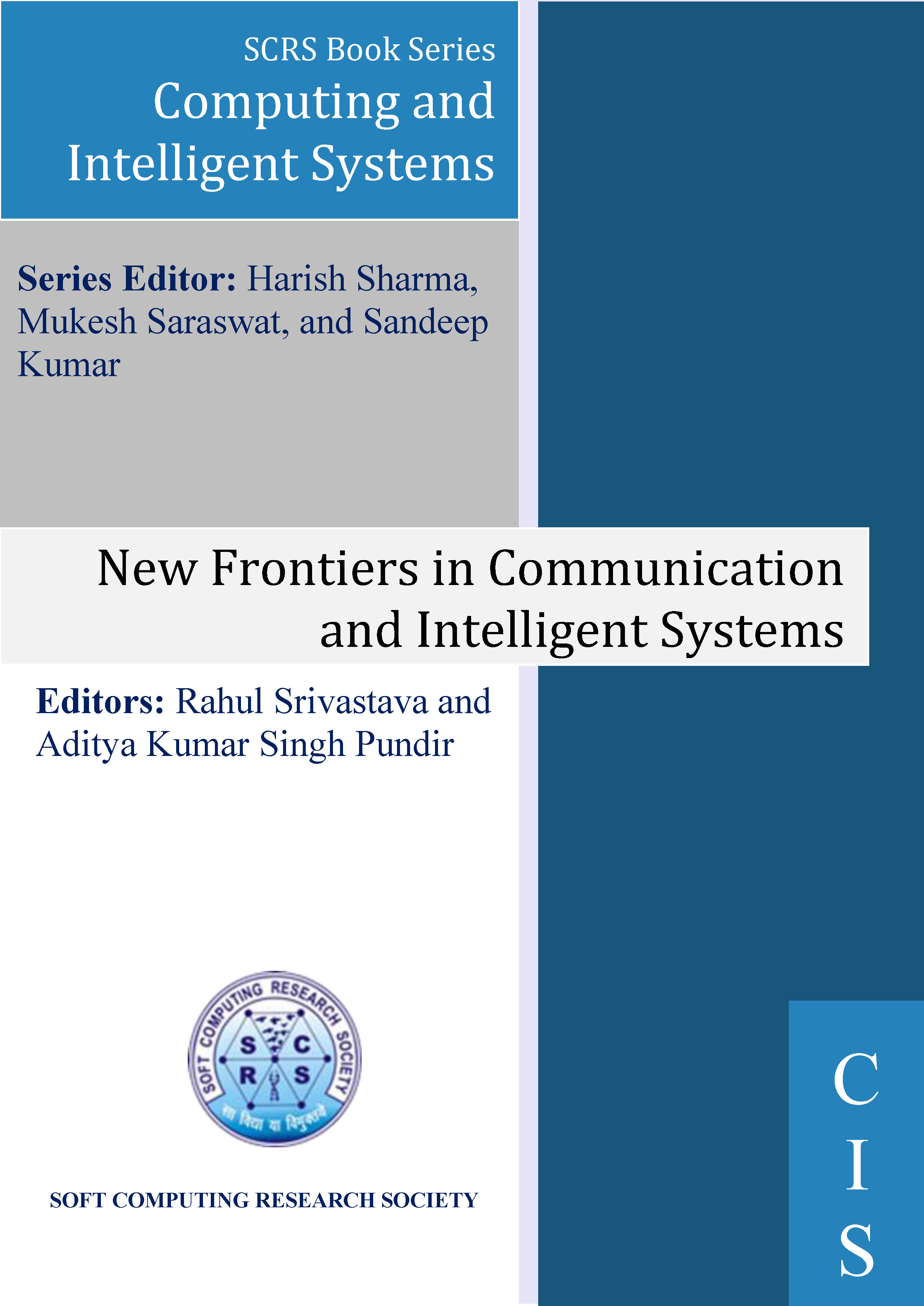
SURF-Based Algorithm to Deal with Pose Change Challenge in Human Tracking
Authors: Anshul Pareek, Poonam Dahiya and Shaifali M. Arora
Publishing Date: 30-04-2022
ISBN: 978-81-95502-00-4
Abstract
Most of the existing interest point-based methods do not deal with tracking drift owing to out-of-plane rotations based pose change. It continues to remain a big challenge for researchers. To address the issue, a SURF-based algorithm is developed in which the object model is upgraded during the course of tracking, for this new templates are selected whenever pose change is encountered. In this process, the fresh projecting points are added to the template pool extracted from previously generated templates employing affine transformation by calculating its aspect ratio. These works propose a novel implementation of the GRABCUT algorithm on interest point-based methods. This region growing algorithm eliminates the background descriptors from the object model and this information is used by a SURF-based tracker. Later to differentiate between pose change and occlusion situation an Autotuned classifier is implemented. The human tracking algorithm developed in this paper are computable in real-time and real-time experiments are conducted in indoor as well as in outdoor environments.
Keywords
Human Tracking, SURF, GRAB-CUT, Out-of-plane rotation, Pose change, Autotuned classifier.
Cite as
Anshul Pareek, Poonam Dahiya and Shaifali M. Arora, "SURF-Based Algorithm to Deal with Pose Change Challenge in Human Tracking", In: Aditya Kr. Singh Pundir and Rahul Srivastava (eds), New Frontiers in Communication and Intelligent Systems, SCRS, India, 2022, pp. 241-251. https://doi.org/10.52458/978-81-95502-00-4-26